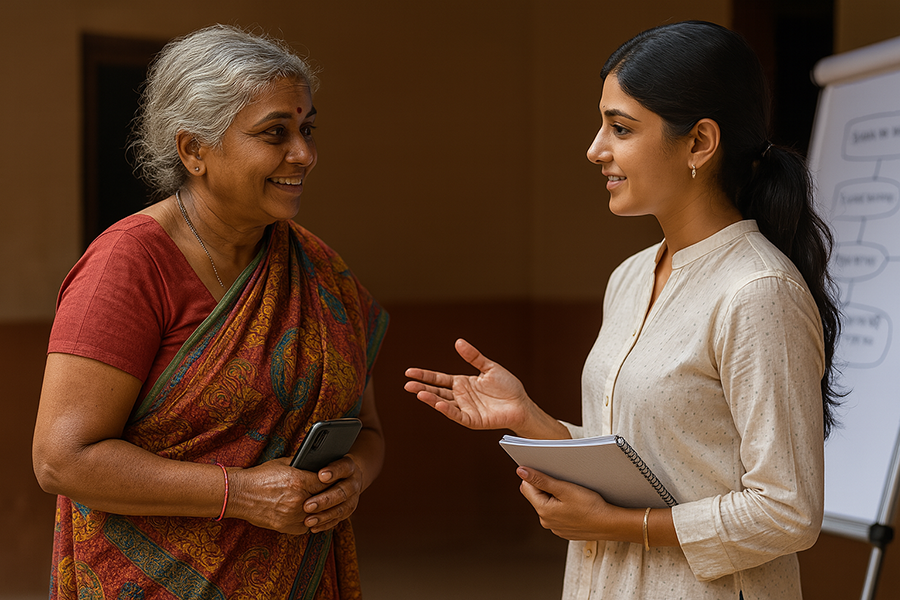From nowhere to everywhere, mankind has found its direction to continuously unfolding paths leading to exciting and unique exploration of somewhere. From making tools from stones, to making spacecraft to go to Mars, mankind has come far from where it started and still thinking of a new Change.
Human life has grown so far that it has now crossed its limitation of death caused by famine, disease, and war. We have modern technologies that can combat many diseases and now we are working to increase the life span of human beings. Human beings have achieved it by working day and night. Although productive work should be aimed towards a good life but, productive work has become life for humans now. Everyday inventions and innovations in technology, although provided basic amenities of life, but they made life so easy and comfortable that human beings cannot imagine a day without technology. Blindly moving forward, humans have exploited the earth and its biodiversity resulting into deforestation, ocean acidification and global warming. Humans were not able to understand their interconnection and interdependence on nature until one day they came across this imbalance created by them in nature.
But there have been great visionaries like Mahatma Gandhi and Rabindra Nath Tagore who had known that these materialistic comforts will never come to an end and its greed will break the harmony with nature. These people then sowed the seeds of their ideas of bringing harmony in the world and these seeds are now growing. While few people are moving blindly towards their ideas of development, there are people who are moving with a vision and mission of bringing back the balance and harmony in the world.
The idea is that the technology that controlled human, created divide and selfishness in human should be rejected; and now use technology for cooperation, amplify labor and use grassroots technologies. Human beings who continuously exploited Earth must now recognize that earth is not an economic source, but life supporting resource. At a time when individuality is the only goal of humans, making them realize that bringing balance between individual freedom and large well being & sustainability will bring back the harmony. Limiting materialistic things can be one of the key steps for this. Instead of exchanging commodities, human beings must exchange relationships with dignity and creativity.
Heraclitus said “The only constant in life is Change” and it stands true since human existence. Human beings are still thinking of Change, but this change will facilitate, democratize and empower mankind for the greater good.
About the Author
Roopa Sharma, currently pursuing PGP in Development Leadership at Indian School of Development Management
Roopa worked as an Assistant Professor for four years, but her willingness to work at grassroots brought her to Rural India. She worked for tribal communities of Madhya Pradesh and Odisha for next three years. While working as a Principal in a low budget Residential School of Odisha, she realized that social status and religious beliefs were one of the many reasons of improper education among girls and tribal in Odisha. Menstruation was another big issue that she dealt for two years and finally succeeded in bringing a significant change in their beliefs. The girls who were treated as untouchables and kept in dark room for seven days in the village because of their periods, were now living in the school and treated respectfully. She worked to create a safe space where students could learn and enjoy themselves that also helped them regain their confidence. She believes that this generation needs to be treated responsibly, respectfully and equally to end the social stigma of the world. Instead of imposing belief systems, she wants this generation to develop their own thinking.




